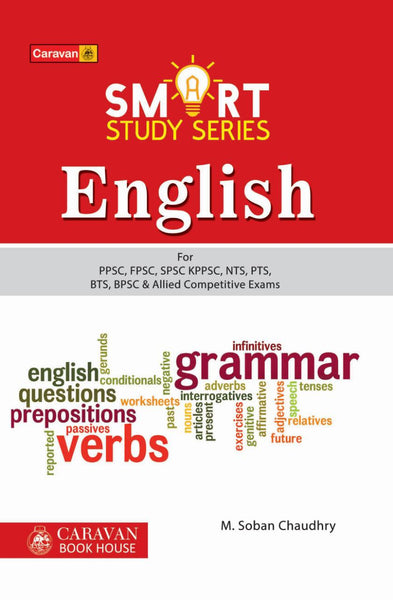A House for Mr. Biswas by V. S. Naipaul – Kitab Mahal
- Publisher: Kitab Mahal (Pvt) Ltd , KM
- Availability: In Stock
- SKU: 16172
Rs.180.00
Rs.225.00
Tags: 20th-century fiction , A House for Mr. Biswas , autonomy , BS , colonial legacy , colonialism and identity , Critical Studies , cultural assimilation , cultural critique , cultural tensions , displacement , economic struggles , English , English fiction , family relationships , identity , identity formation , Indian diaspora , Indo-Trinidadian , Kitab Mahal , Kitab Mahal (Pvt) Ltd , KM , Naipaul’s critique , Nobel Prize literature , personal achievement , personal freedom , post-colonial literature , post-colonial society , social mobility , social struggles , Text , Trinidad , Trinidadian society , Urdu Tarjama , V. S. Naipaul , West Indian literature. , With Urdu Translation
A House for Mr. Biswas is a novel by Nobel Prize-winning author V. S. Naipaul, published in 1961. The story follows the life of Mr. Mohun Biswas, an Indo-Trinidadian man who struggles throughout his life to assert his independence and achieve a sense of personal identity. The novel chronicles Mr. Biswas's efforts to build a house of his own, which becomes a symbol of his desire for autonomy and escape from the oppressive control of his extended family. Naipaul's exploration of themes such as displacement, identity, and colonialism reflects his broader critique of post-colonial societies.
Key Points
-
Themes of Identity and Displacement
The novel explores Mr. Biswas's constant search for his own identity as an Indo-Trinidadian in a post-colonial society. His quest for a house symbolizes his desire for personal freedom and self-definition. -
Colonial Legacy
Through Mr. Biswas's experiences, Naipaul examines the lingering effects of colonialism on individuals and societies, particularly the tensions between colonizer and colonized, as well as the struggles for social and economic mobility. -
The Search for Autonomy
A key aspect of the novel is Mr. Biswas’s constant striving for autonomy, both in his personal life and in his financial stability. His quest for a home represents his desire for control over his life. -
Family Dynamics
The complex relationships between Mr. Biswas and his extended family, particularly his domineering mother-in-law, form an integral part of the narrative. These familial ties are often suffocating and contribute to his struggles. -
Cultural and Social Struggles
Naipaul uses Mr. Biswas’s life to critique the social hierarchies and cultural expectations in Trinidad, particularly the challenges faced by individuals of Indian descent in a colonial society.
════ ⋆★⋆ ═══
Writer ✤ V. S. Naipaul
Publishers ✤ Kitab Mahal (Pvt) Ltd , KM

























